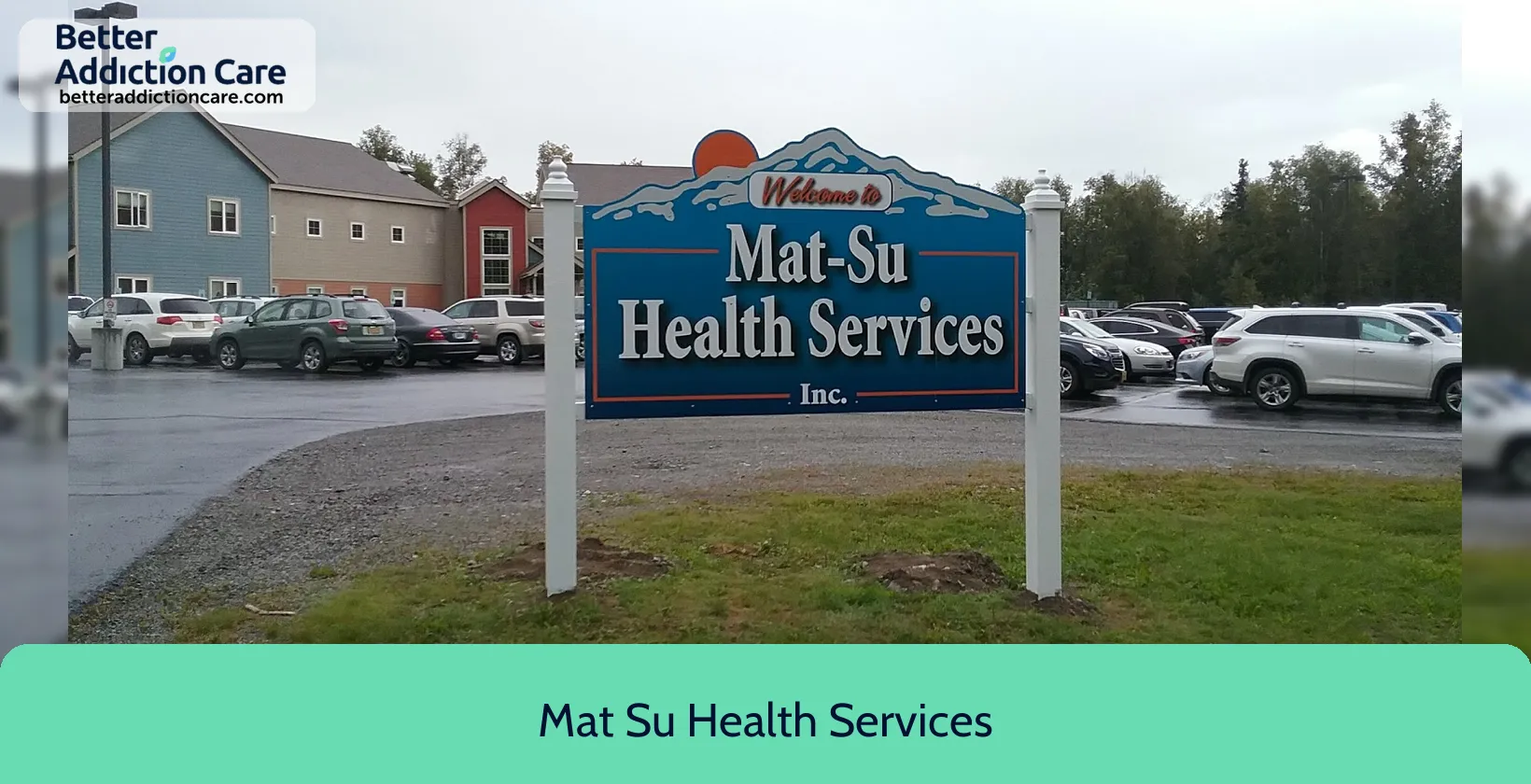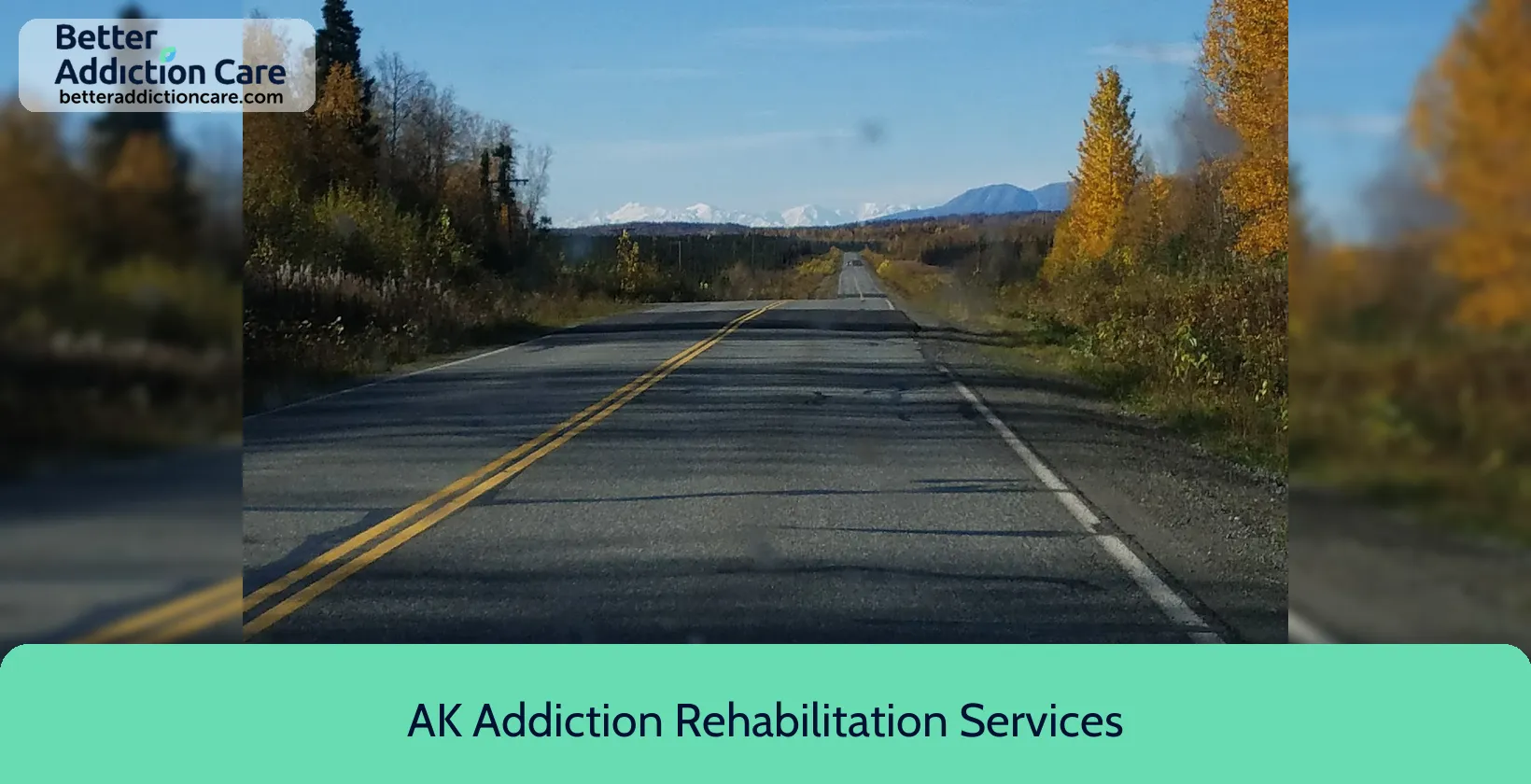True North Recovery 545 South Knik Goose Bay

Overview
True North Recovery 545 South Knik Goose Bay is a substance abuse treatment center for people seeking treatment near Matanuska-Susitna County. As part of their treatment modalities for recovery, True North Recovery 545 South Knik Goose Bay provides cognitive behavioral therapy, telemedicine/telehealth therapy, and substance use disorder counseling during treatment. True North Recovery 545 South Knik Goose Bay is located in Wasilla, Alaska, accepting cash or self-payment for treatment.
True North Recovery 545 South Knik Goose Bay at a Glance
Payment Options
- Cash or self-payment
- Medicaid
- Federal, or any government funding for substance use treatment programs
- Sliding fee scale (fee is based on income and other factors)
Assessments
- Screening for tobacco use
- Comprehensive substance use assessment
- Interim services for clients
- Outreach to persons in the community
- Screening for mental disorders
Age Groups
- Young adults
- Adults
Ancillary Services
- Case management service
- Mental health services
- Social skills development
- Transportation assistance
Highlights About True North Recovery 545 South Knik Goose Bay
6.80/10
With an overall rating of 6.80/10, this facility has following balanced range of services. Alcohol Rehabilitation: 8.00/10, Drug Rehab and Detox: 6.00/10, Insurance and Payments: 6.00/10, Treatment Options: 7.21/10.-
Alcohol Rehabilitation 8.00
-
Treatment Options 7.21
-
Drug Rehab and Detox 6.00
-
Insurance and Payments 6.00
Accreditations
State department of health:

Government agencies issue State Licenses, which grant rehabilitation organizations permission to conduct their operations lawfully within specific geographic regions. Licenses needed to operate are typically determined by the type of rehabilitation program offered by the facility and its physical location.
The Joint Commission:

The Joint Commission accreditation for addiction and behavioral health is a prestigious recognition signifying a facility's commitment to delivering high-quality care and safety for individuals dealing with substance abuse and mental health issues. It involves rigorous evaluations and assessments, ensuring patients receive evidence-based treatment and exceptional care. This accreditation demonstrates a facility's dedication to continuous improvement and ethical practices, building trust among patients and healthcare professionals seeking top-tier addiction and behavioral health services.
Treatment At True North Recovery 545 South Knik Goose Bay
Treatment Conditions
- Alcoholism
- Mental health treatment
- Substance use treatment
- Co-occurring Disorders
Care Levels
- Outpatient
- Intensive outpatient treatment
- Regular outpatient treatment
- Aftercare
- Halfway house
Treatment Modalities
- Cognitive behavioral therapy
- Telemedicine/telehealth therapy
- Substance use disorder counseling
- Trauma-related counseling
- Group counseling
Ancillary Services
Languages
- Sign language services for the deaf and hard of hearing
Additional Services
- Pharmacotherapies administered during treatment
- Mentoring/peer support
- Breathalyzer or blood alcohol testing
Special Programs
- Clients who have experienced trauma
Get Help Now
Common Questions About True North Recovery 545 South Knik Goose Bay
Contact Information
Other Facilities in Wasilla

6.65

6.68

7.12

7.14

6.77

6.96
DISCLAIMER: The facility name, logo and brand are the property and registered trademarks of AK Addiction Rehabilitation Services, and are being used for identification and informational purposes only. Use of these names, logos and brands shall not imply endorsement. BetterAddictionCare.com is not affiliated with or sponsored by AK Addiction Rehabilitation Services.
